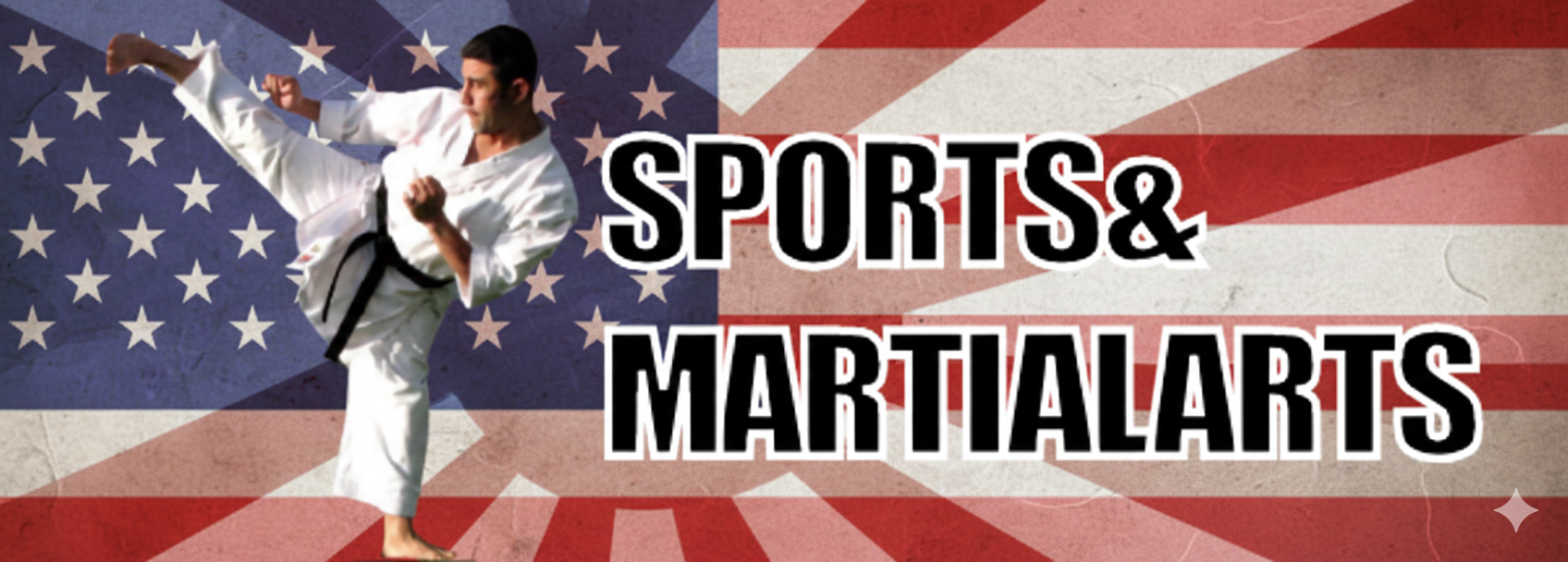Inward Elbow Strike in Kenpo Karate
Introduction
The inward elbow strike in Kenpo Karate is considered one of the most powerful and potentially devastating strikes in martial arts. This technique leverages the sharp point of the elbow to deliver a compact, forceful blow, capable of causing severe damage to an opponent’s vital areas, such as the head, neck, or ribs. Due to its effectiveness in close-quarters combat, the inward elbow strike is a core component of many self-defense techniques, forms (kata), and sets in Kenpo. It is a versatile move that can be seamlessly integrated into various combinations to disrupt an opponent’s attack or quickly turn the tide of an encounter.

However, the inward elbow strike is not suitable for sparring or controlled practice settings due to the risk of serious injury. Unlike punches or kicks that can be pulled or controlled, the elbow strike’s close-range nature and power make it inherently dangerous. Its real effectiveness lies in real-world scenarios where a practitioner needs to defend themselves quickly and decisively. Often executed after a block, parry, or other defensive maneuvers, the inward elbow strike can serve as a fast counterattack to exploit an opponent’s exposed or vulnerable points.
Inward Elbow Strike Execution

The most common way to perform the inward elbow strike is by starting with your hands up. From this position, your right elbow should travel horizontally towards your opposite shoulder until it reaches its target. To maximize the power of the strike, it is crucial to engage your hips, rotating them in the direction of the target. This hip rotation not only increases the power but also adds momentum to the strike, making it more effective.
Inward Elbow Strike Applications

Close-Range Situations
The inward elbow strike is most effective in close-range combat situations. Its short travel distance makes it ideal for when an opponent is within arm’s reach. This makes it an excellent follow-up technique or a quick counterattack when an opponent has closed the distance between you.
Follow-Up Techniques
In many self-defense scenarios, the inward elbow strike is used after an initial technique has already been executed. For example, after a block or a strike that creates an opening, the inward elbow can be used to capitalize on the opportunity. The quick and powerful nature of the elbow strike ensures that the opponent is effectively neutralized.
Quick Counterattack
When an opponent launches an attack, the inward elbow strike can be used as a rapid counterattack. Its speed and power make it difficult for the opponent to defend against, especially if they are not expecting an elbow strike. This element of surprise, combined with the strike’s effectiveness, makes it a valuable tool in close-quarters combat.
Importance of Proper Technique
Like all techniques in Kenpo Karate, the inward elbow strike must be executed with precision and control. Improper technique can lead to ineffective strikes and potential injury to the practitioner. Therefore, it is essential to practice the movement repeatedly, focusing on the alignment of the body, the rotation of the hips, and the exact path of the elbow.
Technique Recommendation
- Keep your back straight when you execute this strike.
- Have a strong stance as your foundation when executing this strike.
- You other hand should be already protecting your middle section as you deliver the strike.
Conclusion
The inward elbow strike is a powerful and versatile technique in Kenpo Karate, suitable for close-range combat and effective as a follow-up technique or quick counterattack. However, its potential for causing significant damage means it should never be used in sparring. Practitioners must focus on mastering the proper technique to ensure its effectiveness and safety. With practice and precision, the inward elbow strike can become a formidable weapon in a Kenpo Karate practitioner’s arsenal.
Kenpo Karate Techniques
- Kenpo Karate Self Defense Techniques
- Kenpo Karate Stances
- Kenpo Karate Strikes
- Kenpo Karate Blocks
- Kenpo Karate Punches
- Kenpo Karate Kicks
- Kenpo Karate Foot Maneuvers
- Kenpo Karate Parries
- Kenpo Karate Finger Techniques
- Kenpo Karate Sets
- Kenpo Karate Forms
Follow our Social Media!










